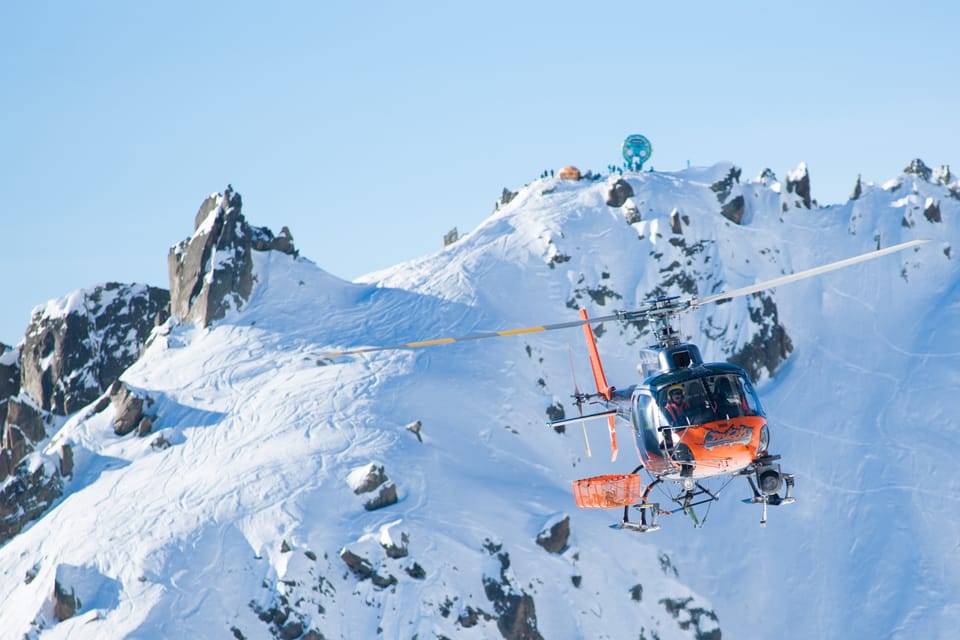Swedish Ski Area Operating Fossil Fuel Free

30th January 2024
A small ski area on the outskirts of Stockholm has begun operating with entirely green electric powered machinery from today (30th January, 2024), its owners, the SkiStar Group, have announced.
As of 2024, the entire vehicle fleet at Hammarbybacken ski area near Stockholm is being replaced with electric powered vehicles that will be charged with a Battery Energy Storage System (BESS). The switch also entails a significant change in work routines, including new procedures and staff training.
Altogether, the impressive new installation of vehicles consists of two snowmabiles, a Prinoth E motion Husky snow groomer, a Volvo L25 Electric from Volvo CE wheel-loader, a VW ID cargo electric car, a Polaris Ranger EV electric ATV and two Taiga Motors Nomad electric snowmobiles – all of which run entirely off the new PU500 battery provided by Volvo Energy and Volvo Construction Equipment (CE).
“We are challenging ourselves to think differently and our hope is that it will lead us further in the transition towards more sustainable mountain experiences,” says Fanny Sjödin, Sustainability Manager at SkiStar (pictured below).

The charging solution is provided by Volvo Energy and Volvo Construction Equipment, with the service provider for Volvo’s products being Swecon Anläggningsmaskiner AB. New agreements with Vattenfall and Ellevio ensure 100% renewable electricity and water for all operations.
Skistar owns and operates several of the largest alpine ski resorts in Scandinavika, including Sälen and Åre in Sweden and Hemsedal and Trysil in Norway, and the company describes the Hammarbybacken initiative as a pilot project to demonstrate that transitioning to completely fossil-free ski facility operations is feasible for other resorts and corporations in the snowsports industry.
Hammarbybacken itself has been pioneering sustainable ideas since it installed its first ski lifts in the late 1980s and raised its peak using 800,000 cubic metres of shaft spoil from Globenbygget and other construction projects in 1983, and again in 2007. The ski slope is alsop the foundation for SVOA’s future wastewater treatment plant, and plays a huge part in Sweden’s eco-friendly development. Finally, in September 2022 it saw the introduction of SummerSki, making Hammarbybacken Sweden’s first alpine ski slope on artificial grass.
This shift to electric vehicles is a huge step during the process of Skistar completing its sustainability targets to reach by 2030- which include ensuring their mountain operations are completely climate neutral and reducing their total emissions by at least 50% compared to 2020/21.
“As a market leader in alpine ski tourism in Scandinavia, we feel a responsibility to drive the climate transition,” continued Fanny Sjödin, adding, “By daring to conduct this pilot project, we aim to show that it is possible to transition a ski resort to fossil-free and look forward to the insights this will provide us.”
Let’s hope that the actions being taken by Skistar at Hammarbybacken mark the beginning of increased efforts to forge a greener, more sustainable life on the slopes.




